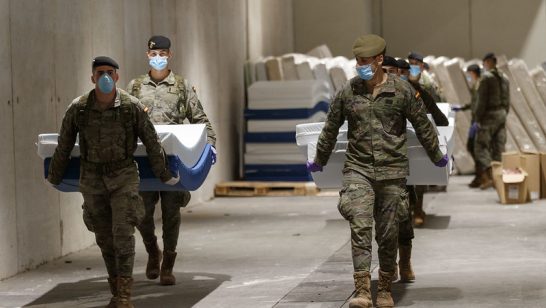
This paper is a product of a RUSI-ELN partnership programme to address particular national positions in the non-strategic nuclear weapons (NSNW) debate within NATO.
This paper, the first in a series examining the position of a key group of NATO member states in the debate, focuses on Poland. The series starts with Poland because it could have a pivotal role to play, and has a position that is complex and too often caricatured. Poland has good reasons both to be apprehensive about changes in NATO nuclear posture and to seek to bring about that change. As the search continues for a NATO compromise, therefore, it could come to play a bargaining role among differing groups within the Alliance and could either help to build a consensus for incremental change or be increasingly influential in ensuring that no change occurs.
In explaining why this is the case, the rest of this paper is organised into four parts:
- Part I offers a brief account of Poland’s main security concerns today and notes the sensitive role of Russia’s NSNW within them
- Part II sets this account of Polish security concerns within the wider context of a foreign policy re-alignment that has now been underway for a number of years, an understanding of which allows a broader consideration of the interests and aspirations that Poland is seeking to balance as it charts a course through the challenges ahead
- Part III then provides a brief overview of recent Polish policy positions on nuclear weapons issues, including on the NATO NSNW issue, and concludes with a summary of the complex factors that have shaped Poland’s position in the NATO debate thus far
- Part IV of the paper presents some conclusions
The opinions articulated above represent the views of the author(s), and do not necessarily reflect the position of the European Leadership Network or any of its members. The ELN’s aim is to encourage debates that will help develop Europe’s capacity to address the pressing foreign, defence, and security challenges of our time.



